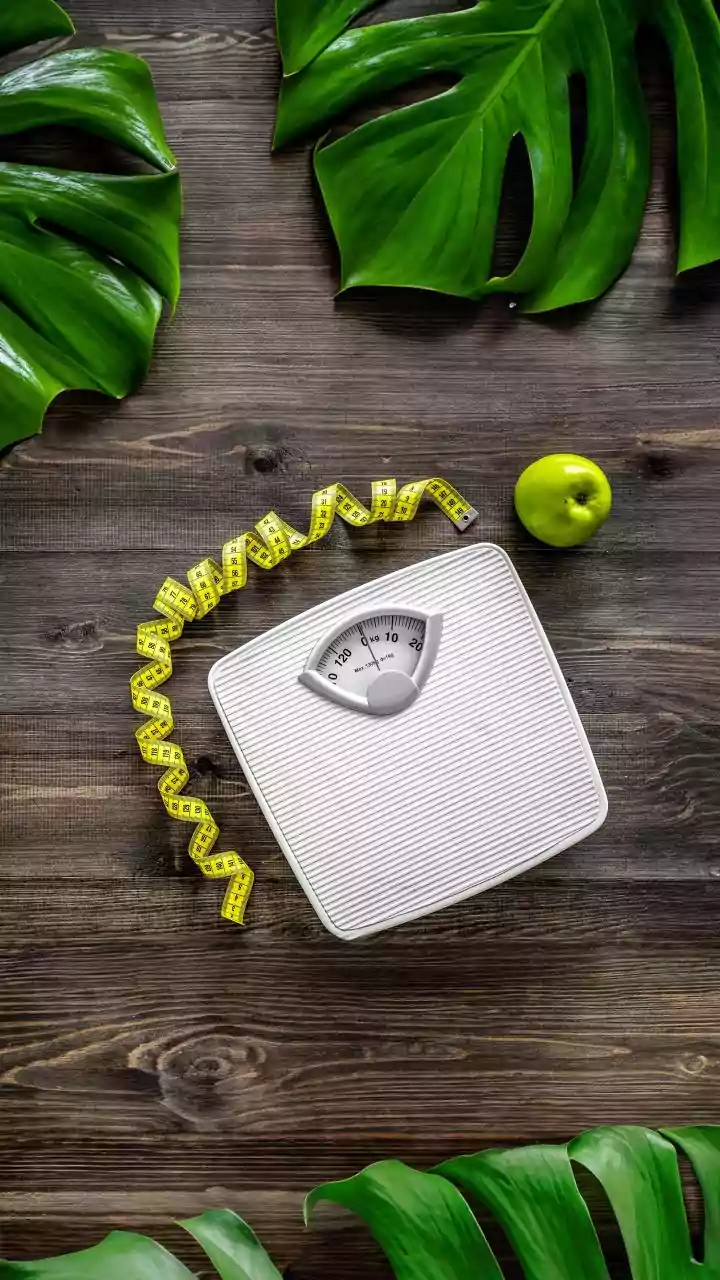Hydrate and Fiber
Boosting your water intake is crucial, as it aids in efficient digestion and helps prevent constipation, which can contribute to bloating. Simultaneously,
embracing a diet rich in fiber is essential. Fiber adds bulk to your stool, promoting regular bowel movements and reducing the likelihood of gas buildup. Fiber-filled foods include fruits, vegetables, and whole grains. Incorporating these into your meals can work wonders for your digestive health. Remember that gradual adjustments are key to avoid sudden changes which might worsen symptoms temporarily. A steady increase in water and fiber intake over time is the best approach.
Fennel and Cumin
Fennel and cumin are more than just flavorful additions to your dishes; they're your allies in the fight against bloating. Both have been used for centuries to relieve digestive distress. Fennel is known for its ability to reduce gas and relax the gut muscles, while cumin aids digestion and reduces the production of gas. You can integrate these into your daily routine by brewing fennel and cumin water. Steep a teaspoon of fennel seeds and a teaspoon of cumin seeds in hot water and enjoy it, particularly after meals, to ease digestion and minimize bloating. They are a gentle, natural solution.
Gentle Exercise Benefits
Simple movements can significantly boost your digestive health. Taking a short walk after each meal promotes movement within your digestive tract, which helps to prevent gas and bloating. Gentle exercise helps stimulate the digestive system, making the process of breaking down food and removing waste more efficient. It also helps in reducing the stress that can contribute to digestive issues. Aim for a brisk 10 to 15-minute walk after each meal. You will find that regular exercise not only enhances digestion but also supports overall well-being and stress reduction, which in turn benefits your gut health.
Avoid Late Night Eats
Eating late-night meals disrupts your digestive system's natural rhythm. When you eat close to bedtime, your body's digestive processes slow down, and food is not digested properly. This can lead to bloating, gas, and discomfort. Try to finish your last meal at least a few hours before going to bed. This gives your digestive system ample time to process the food. This practice improves your sleep quality. By making this simple adjustment, you can give your gut the rest it needs for better overall digestive function and improved well-being.
Chew Properly, Slowly
The way you eat impacts your gut health. Chewing your food thoroughly breaks it down into smaller particles, making it easier for your digestive system to process. Eating quickly often leads to swallowing air, which contributes to bloating and gas. Take your time, chew each bite fully, and savor your meals. This simple act of mindful eating aids in better digestion and helps prevent overeating. Your body will feel better when you practice these simple steps, and you’ll find it easier to absorb nutrients from the food you consume.
Ginger Tea After
Ginger has been prized for centuries for its medicinal properties, including its ability to soothe digestive issues. Ginger tea can effectively reduce gas and bloating. Ginger contains compounds that accelerate gastric emptying and reduce inflammation in the gut, thereby relieving discomfort. Drinking a cup of ginger tea after meals can aid digestion and reduce bloating. For the best effect, use fresh ginger and brew it with hot water, allowing its active ingredients to be released. This simple habit can transform your post-meal experience and contribute to a healthier gut.
Mindful Eating Habits
Adopting mindful eating habits is key to improving gut health and minimizing bloating. Pay close attention to your body's hunger and fullness cues. Avoid distractions while eating, such as watching TV or using your phone, which can lead to overeating and digestive discomfort. Practice eating slowly and consciously savoring each bite. Recognize the difference between hunger and other emotions, such as stress or boredom, that can trigger eating. Mindful eating cultivates a healthier relationship with food and supports your gut's natural functions. Integrating these practices into your daily life can help you achieve significant relief from bloating and improve your overall digestive well-being.


















